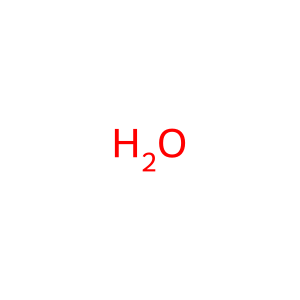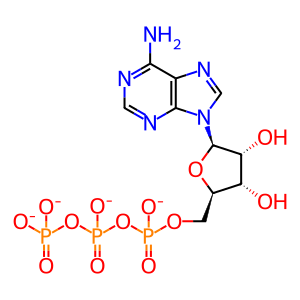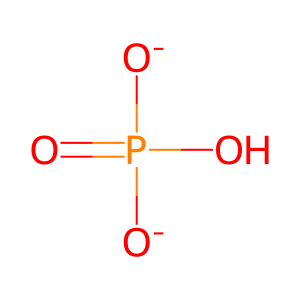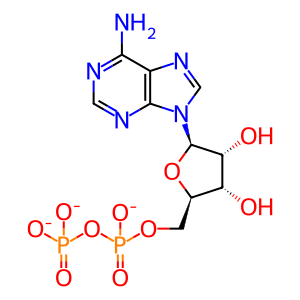Reaction: CFTR transports Cl- from cytosol to extracellular region
- in pathway: ABC-family proteins mediated transport
Cystic fibrosis transmembrane conductance regulator (CFTR) is a low conductance chloride-selective channel that mediates the transport of chloride ions in human airway epithelial cells which plays a key role in maintaining homoeostasis of epithelial secretions in the lungs. Defects in CFTR can cause cystic fibrosis (CF; MIM:602421), a common generalised disorder in Caucasians affecting the exocrine glands. CF results in an ionic imbalance that impairs clearance of secretions, not only in the lung, but also in the pancreas, gastrointestinal tract and liver (Riordan et al. 1999, Ousingsawat et al. 2011).
Reaction - small molecule participants:
Cl- [extracellular region]
Pi [cytosol]
ADP [cytosol]
H2O [cytosol]
ATP [cytosol]
Cl- [cytosol]
Reactome.org reaction link: R-HSA-5678863
======
Reaction input - small molecules:
water
ATP(4-)
chloride
Reaction output - small molecules:
chloride
hydrogenphosphate
ADP(3-)
Reactome.org link: R-HSA-5678863





